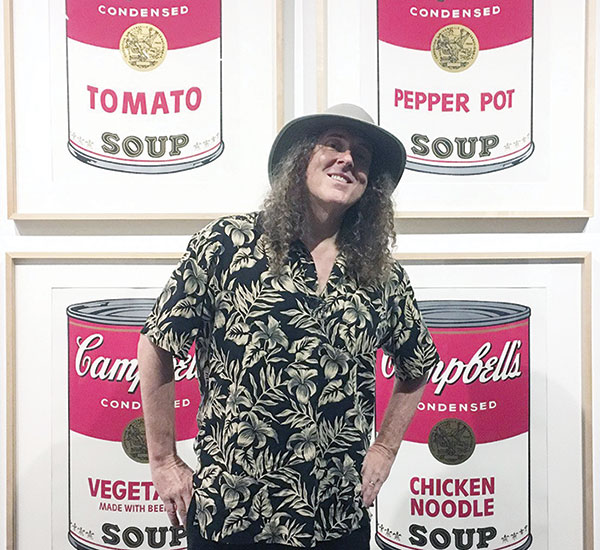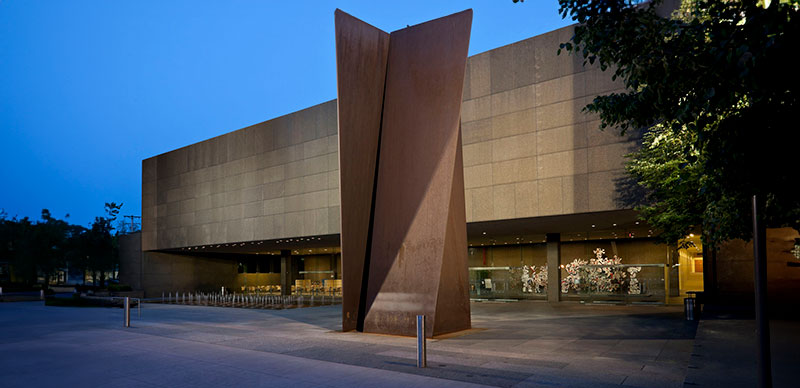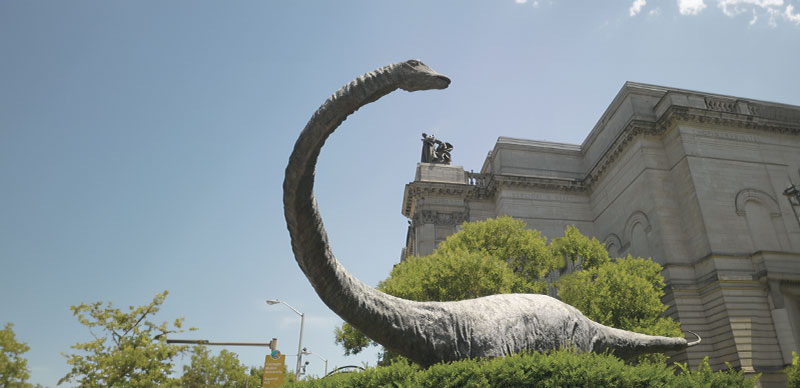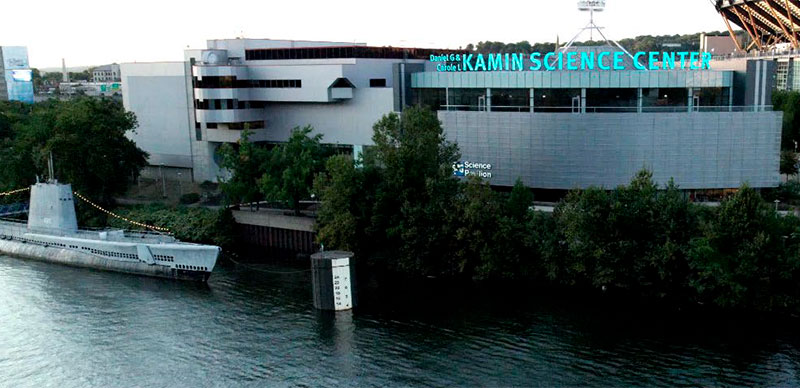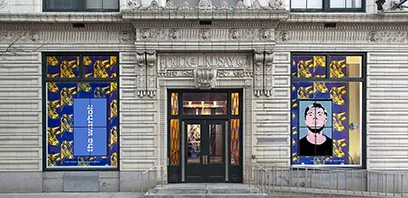A rural look at climate change
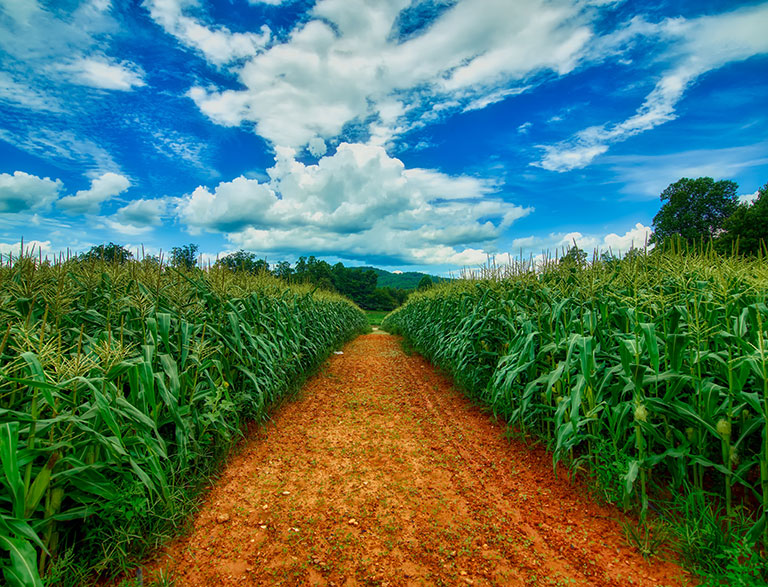
Rural, natural resource-dependent communities are particularly vulnerable to the effects of climate change—which is exactly the point of the new Climate and Rural Systems Partnership (CRSP) led by Carnegie Museum of Natural History. The museum recently received a $1.25 million grant from the National Science Foundation to bring together educators, scientists, and community leaders to develop climate-change learning networks in rural western Pennsylvania. “We often struggle to serve our rural audiences, and natural history content is so relevant to them,” says Laurie Giarratani, the museum’s director of education. “Climate-related threats like flooding, erosion, and crop damage are urgent issues that impact aspects of everyday life in rural areas, as well as activities like hunting and fishing.” The museum is partnering with the University of Pittsburgh Center for Learning in Out-of-School Environments (UPCLOSE) and the Mercer County Conservation District to create hubs at the museum’s Powdermill Nature Reserve in Rector, Pa., and Munnell Run Farm in Mercer County, where the CRSP team will hold workshops and community gatherings. It’s a four-year project that builds on the museum’s successful Climate & Urban Systems Partnership (CUSP), which took the message to area city dwellers. Both programs support the museum’s strategic engagement on the Anthropocene.
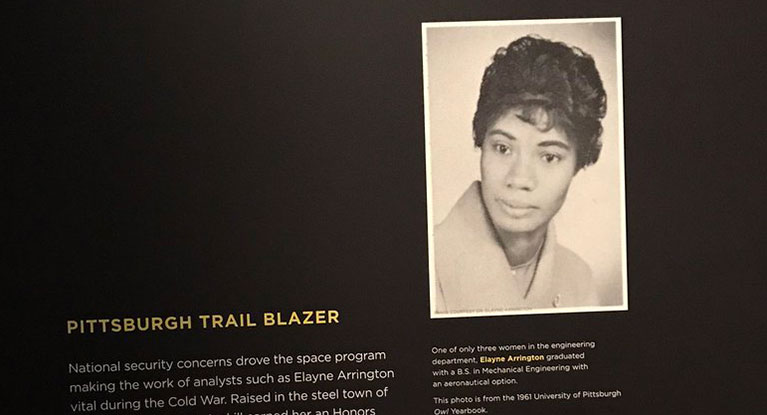
“It was a culture that often made me feel isolated and ignored. In my engineering courses, I had no one to work with and no one to talk to. I guess it’s called marginalization. And that, above all things, was what I sincerely hoped that no one after me would have to experience.”
– Elayne Arrington, introducing the film Hidden Figures at The Rangos Giant Cinema. Arrington, a graduate of Homestead High School, was the first African American woman to graduate from Pitt’s School of Engineering in 1961 and the the first female aerospace engineer in the Foreign Technology Division of Wright-Patterson Air Force Base. She went on to earn a Ph.D. in math and teach the subject at Pitt
50 years of LOVE for Planet Earth

Eric Dorfman, Carnegie Museum of Natural History’s Daniel G. and Carole L. Kamin Director, was recently appointed to the Earth Day Network’s Global Advisory Committee for the 50th anniversary of Earth Day in 2020. He joins an international group of environmental advocates, including former U.S. Secretary of State John Kerry and Virgin Group founder Sir Richard Branson.
Who are tomorrow’s art curators?
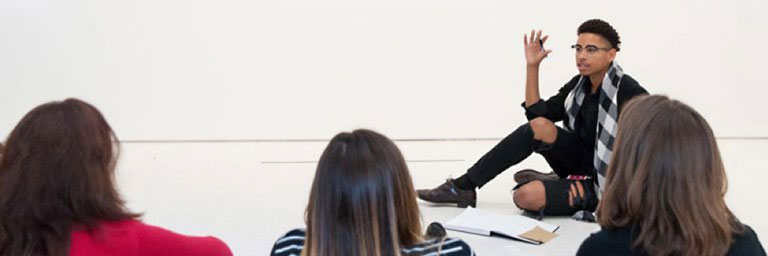
In June, Carnegie Museum of Art announced the creation of the Margaret Powell Curatorial Fellowship, a full-time, two-year position to be awarded to recent college grads from historically underrepresented backgrounds in the art field. Its name honors the late Margaret Powell, a curatorial assistant in decorative arts and design at the museum who died of breast cancer this past January. The first fellow will join the curatorial team in 2020. Funding for the fellowship came from the Arts, Equity, & Education Fund, a Pittsburgh-based private family foundation. “A commitment to bringing new voices to the table is essential for museums to thrive in the 21st century,” says Eric Crosby, the museum’s Henry J. Heinz II Acting Director and Richard Armstrong Senior Curator of Modern & Contemporary Art. And that’s what the Margaret Powell Curatorial Fellowship is meant to achieve. That, and honoring a friend and colleague who left the art world she loved too soon.
Like so many performers, “Weird Al” Yankovic couldn’t visit Pittsburgh without a stop at The Warhol. He was sighted on July 7 before his sold-out “Strings Attached” gig at the Benedum Center
